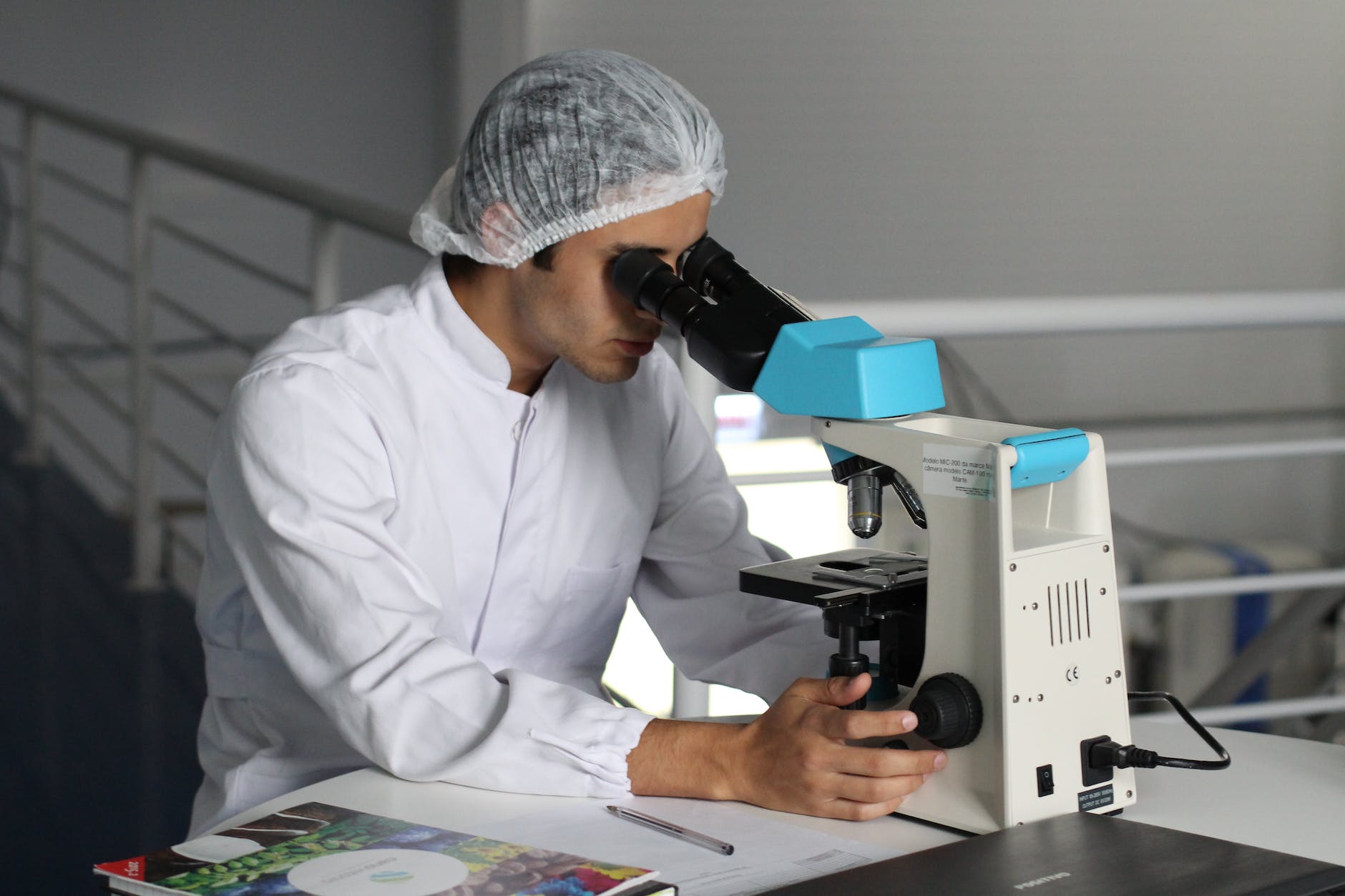
Menopause Symptoms
Menopause is a natural biological process that marks the end of a woman’s reproductive years. During this time, a woman’s ovaries stop producing eggs and the levels of hormones such as estrogen and progesterone decline, leading to various symptoms such as hot flashes, night sweats, sleep disturbances, and vaginal dryness. The conventional medical treatment for these symptoms involves hormone replacement therapy (HRT), which has its own risks and side effects. An alternative approach is to use traditional Chinese medicine (TCM) techniques to treat menopause symptoms.
TCM is a holistic healing system that has been used for thousands of years to promote wellness and treat various health conditions. One of the key concepts of TCM is the balance of yin and yang, the two opposing forces that keep the body in harmony. During menopause, the yin-yang balance is disturbed, leading to an excess of heat or “yang” in the body. The TCM approach to treating menopause symptoms involves clearing this heat and restoring balance to the body.
The TCM technique of clearing heat involves the use of herbs, acupuncture, and dietary changes. One of the most commonly used herbs is Dong Quai (Angelica sinensis), which is believed to nourish the blood, cool the body, and relieve symptoms such as hot flashes and night sweats. Other herbs that are commonly used for clearing heat include white peony, licorice root, and red date.
Acupuncture is another important component of TCM that can be used to treat menopause symptoms. It involves the insertion of fine, sterile needles into specific points on the body to stimulate the flow of energy or qi. Acupuncture can help regulate hormones, improve circulation, and reduce symptoms such as hot flashes, night sweats, and sleep disturbances.
In addition to herbs and acupuncture, dietary changes can also play a role in clearing heat and restoring balance to the body. In TCM, it is believed that certain foods can increase or decrease heat in the body. For example, spicy and greasy foods are believed to increase heat, while foods such as tofu, apples, and leafy greens are believed to cool the body. Women undergoing menopause are often advised to follow a diet that is low in fat, high in fiber, and rich in phytoestrogens, which are plant compounds that mimic the effects of estrogen in the body.
In conclusion, the treatment of menopause symptoms with TCM clearing heat in Chinese medicine techniques is a holistic and natural approach to managing the symptoms of menopause. It involves the use of herbs, acupuncture, and dietary changes to clear the heat in the body and restore balance, leading to improved health and reduced symptoms. It is important to note that while TCM has been used successfully to treat menopause symptoms, it should not be used as a substitute for conventional medical treatment, especially in cases where there is an underlying medical condition. Women should always consult their doctor before trying TCM tecniques or making any major changes to their diet or lifestyle.
5 Solutions for Menopause Symptoms
- Hormonal Therapy: Hormonal therapy is often the first line of treatment for menopause symptoms. It involves taking estrogen and/or progesterone to replace the hormones that the body is no longer producing. Hormonal therapy can help relieve hot flashes, night sweats, vaginal dryness, and other symptoms of menopause. However, it is important to note that hormonal therapy is not suitable for all women and may carry certain risks, such as an increased risk of blood clots, stroke, and breast cancer. It is important to discuss the potential benefits and risks of hormonal therapy with a healthcare provider before starting treatment.
- Lifestyle Changes: Making lifestyle changes can also help alleviate menopause symptoms. For example, maintaining a healthy diet, regular exercise, and stress management techniques can help reduce the frequency and severity of hot flashes. Additionally, avoiding triggers such as alcohol, caffeine, and spicy foods can help minimize hot flashes. It is also important to stay hydrated and get enough sleep to help manage symptoms.
- Over-the-Counter Treatments: Over-the-counter treatments such as lubricants, vaginal moisturizers, and cooling pads can help alleviate vaginal dryness and hot flashes. In addition, over-the-counter supplements such as black cohosh and soy products have been shown to help reduce menopause symptoms. However, it is important to note that the effectiveness of these supplements can vary and they may interact with certain medications.
- Mind-Body Techniques: Mind-body techniques such as yoga, tai chi, and meditation can help reduce stress and improve sleep, which can help alleviate menopause symptoms. These techniques can also help reduce anxiety and depression, which are common during menopause. In addition, cognitive behavioral therapy (CBT) can help women manage hot flashes and other symptoms by changing the way they think and respond to them.
- Complementary and Alternative Treatments: Complementary and alternative treatments such as acupuncture and herbal remedies have been used for centuries to help alleviate menopause symptoms. For example, acupuncture has been shown to reduce hot flashes, improve sleep, and alleviate depression. Herbal remedies such as red clover and dong quai have also been used to treat menopause symptoms. However, it is important to note that the effectiveness of these treatments can vary and they may interact with certain medications. It is always important to discuss the use of complementary and alternative treatments with a healthcare provider before starting treatment.
It’s important to remember that different treatments may work better for different people, so it may take some trial and error to find the best solution for you. Additionally, it’s always a good idea to speak with your doctor before starting any new treatment for menopause symptoms.






